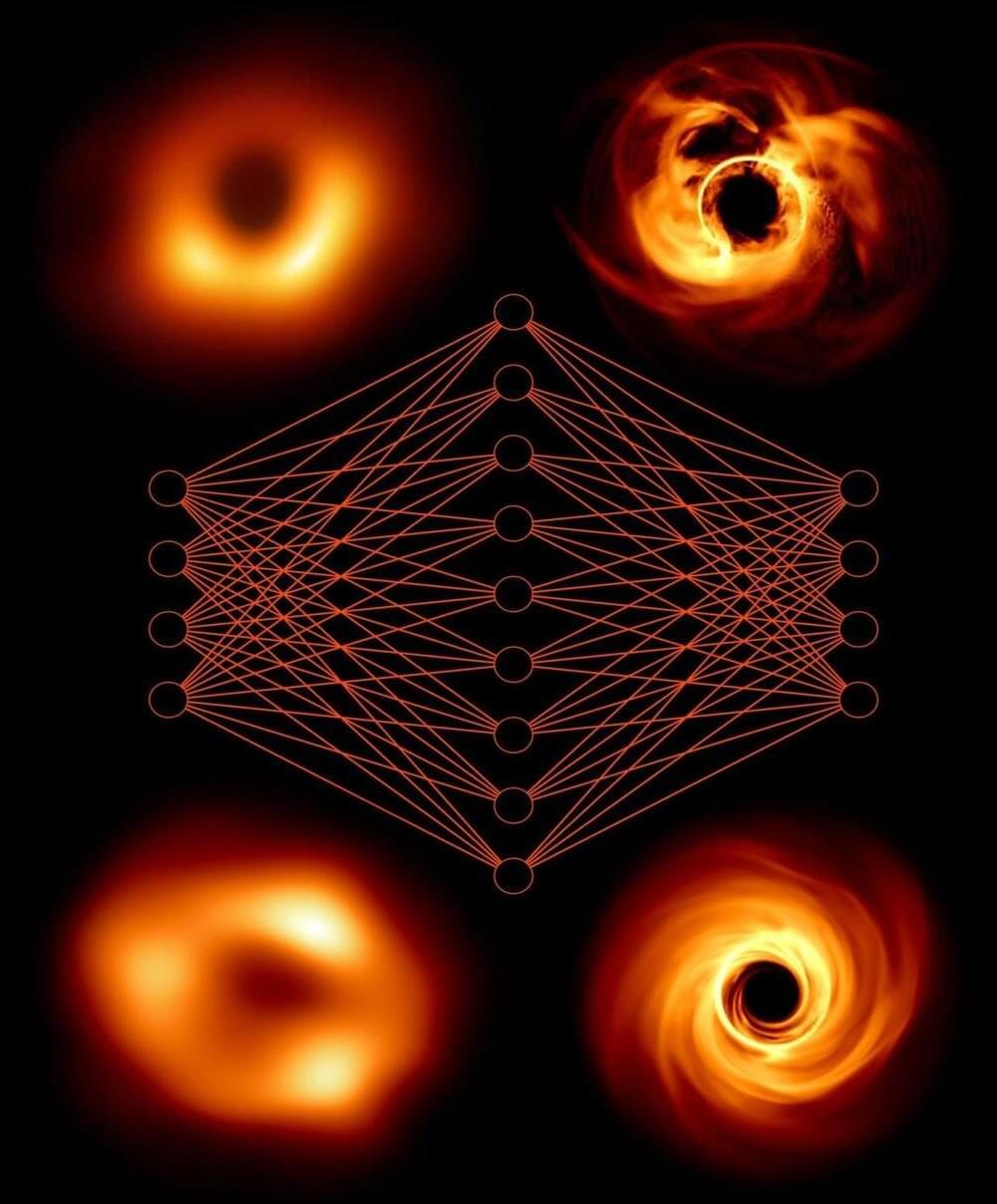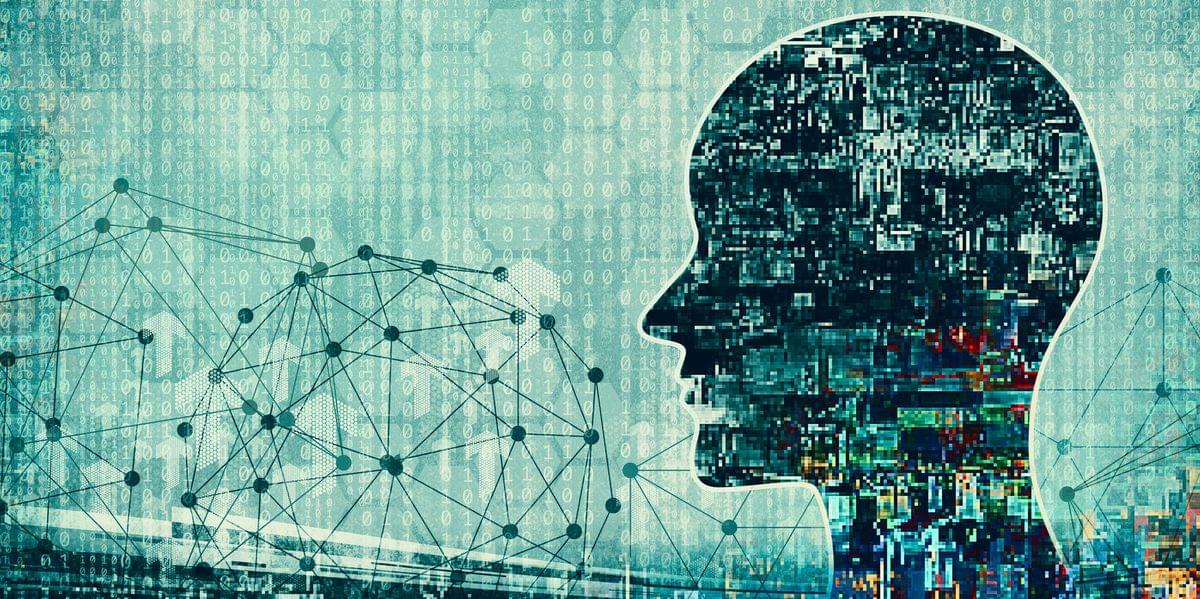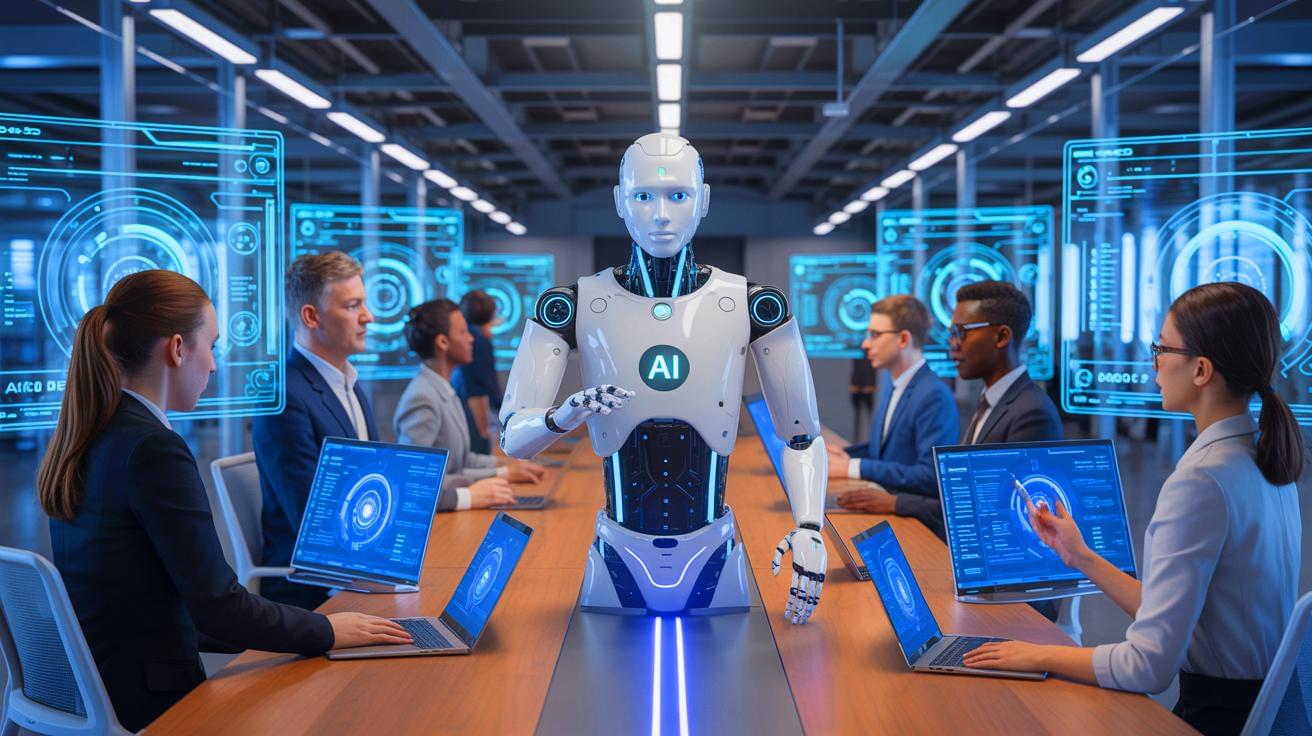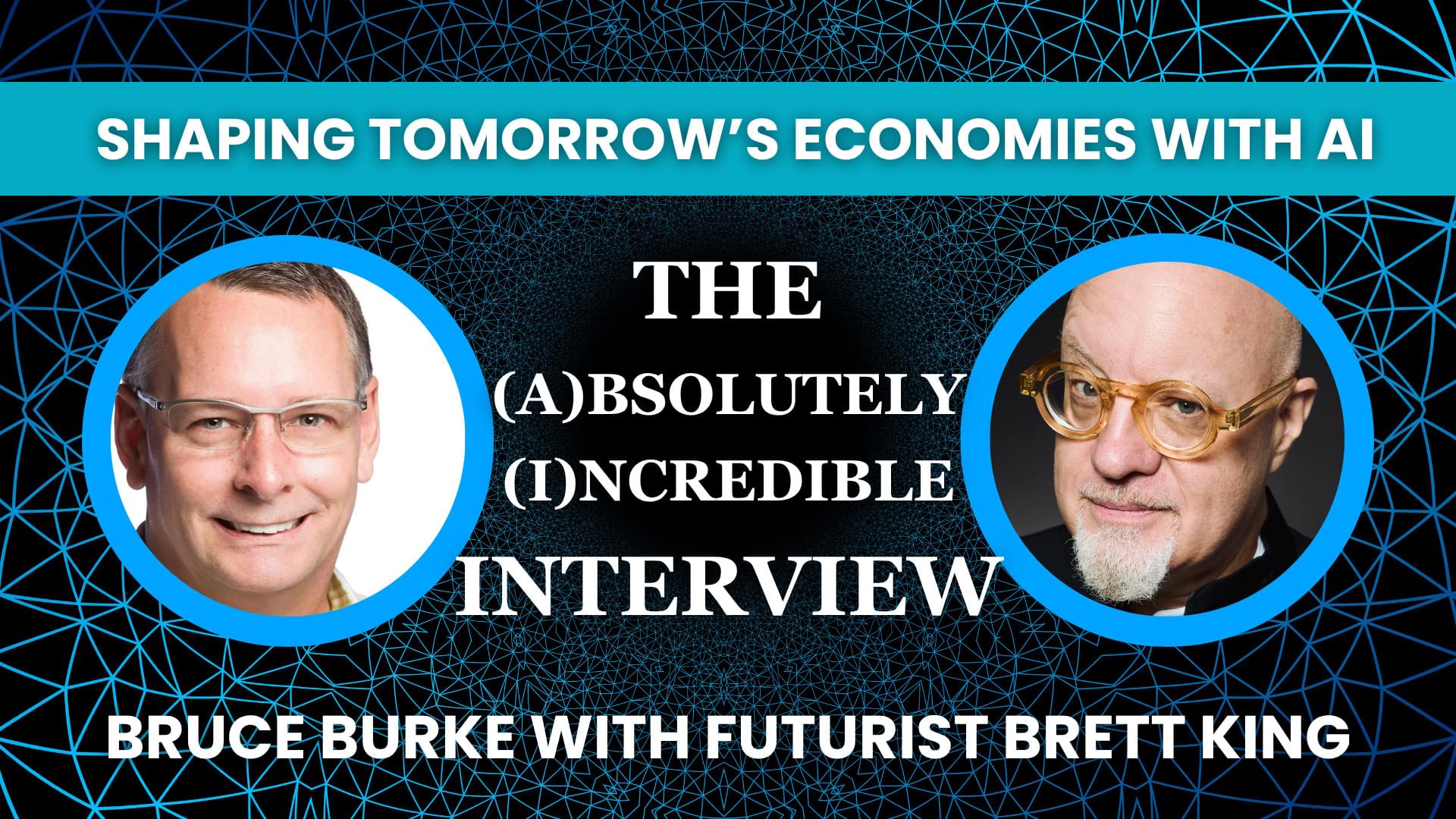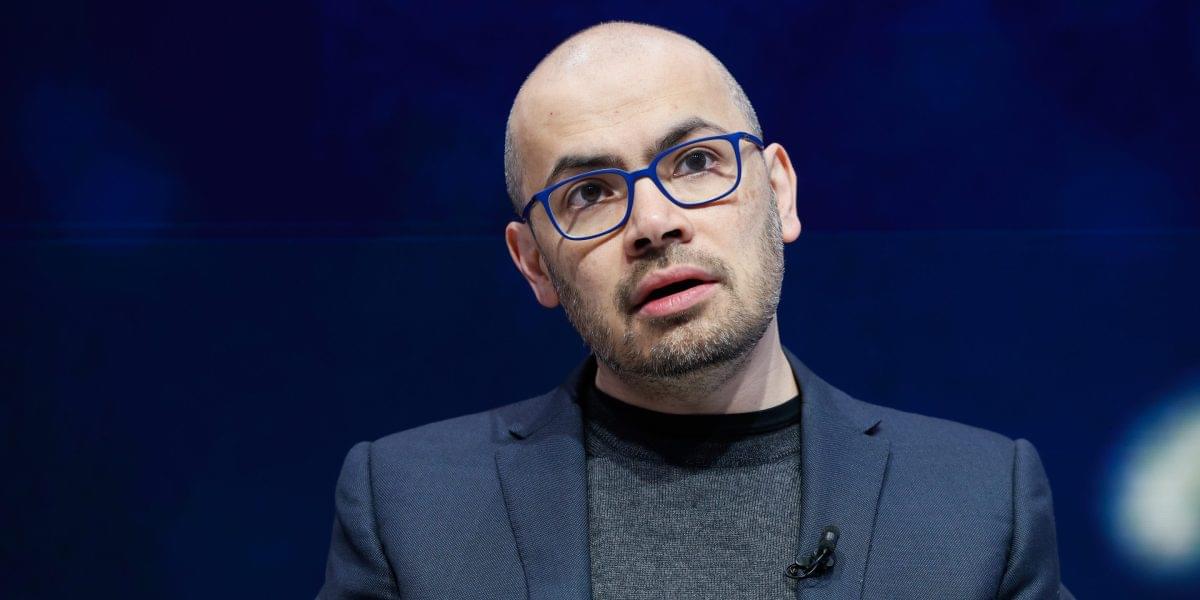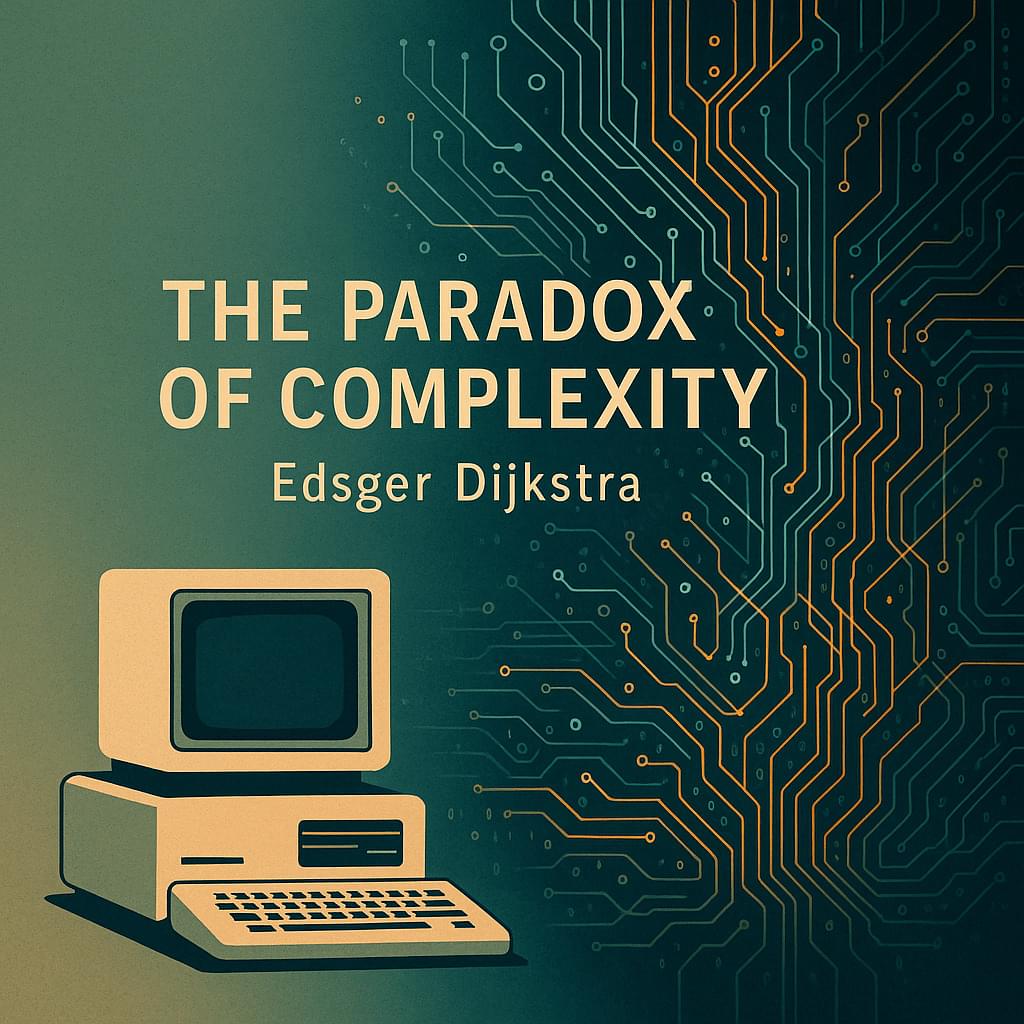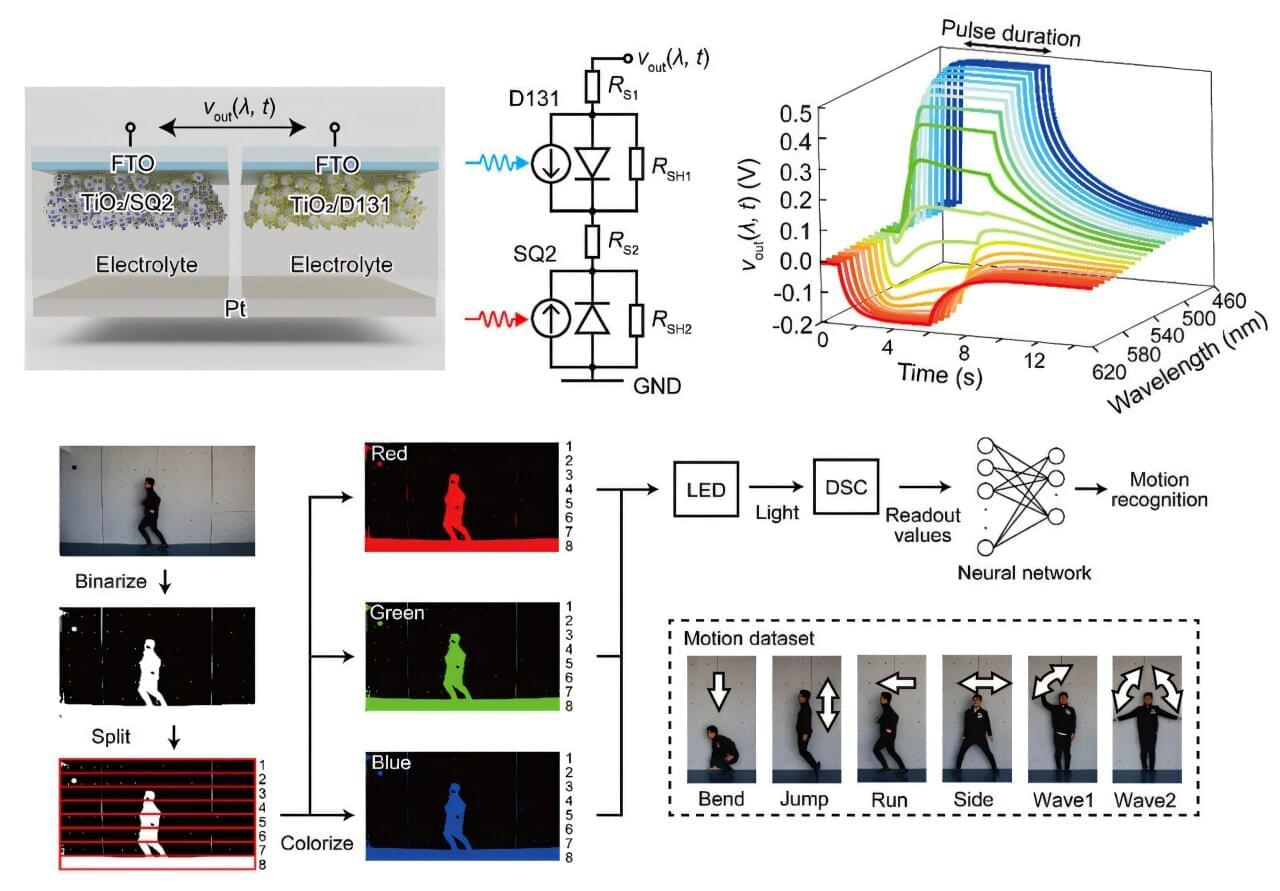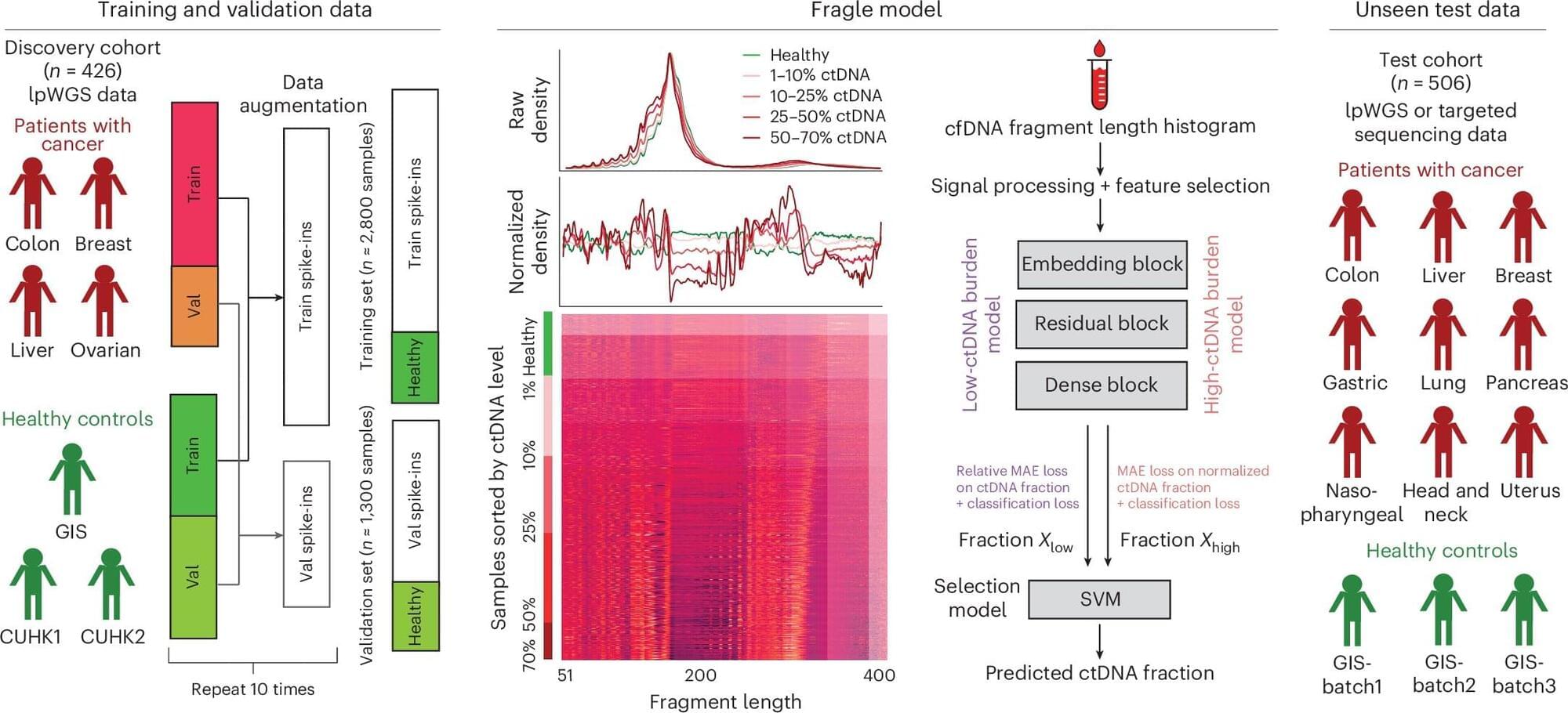Back in 2019, the Event Horizon Telescope (EHT) team revealed the first-ever image of a supermassive black hole in the galaxy M87. In 2022, they followed up with the iconic image of Sagittarius A at the heart of the Milky Way. While these images were groundbreaking, the data behind them held even deeper insights that were hard to decode.
Neural Networks Meet Black Hole Physics
Previous studies by the EHT Collaboration used only a handful of realistic synthetic data files. Funded by the National Science Foundation (NSF) as part of the Partnership to Advance Throughput Computing (PATh) project, the Madison-based CHTC enabled the astronomers to feed millions of such data files into a so-called Bayesian neural network, which can quantify uncertainties. This allowed the researchers to make a much better comparison between the EHT data and the models.
